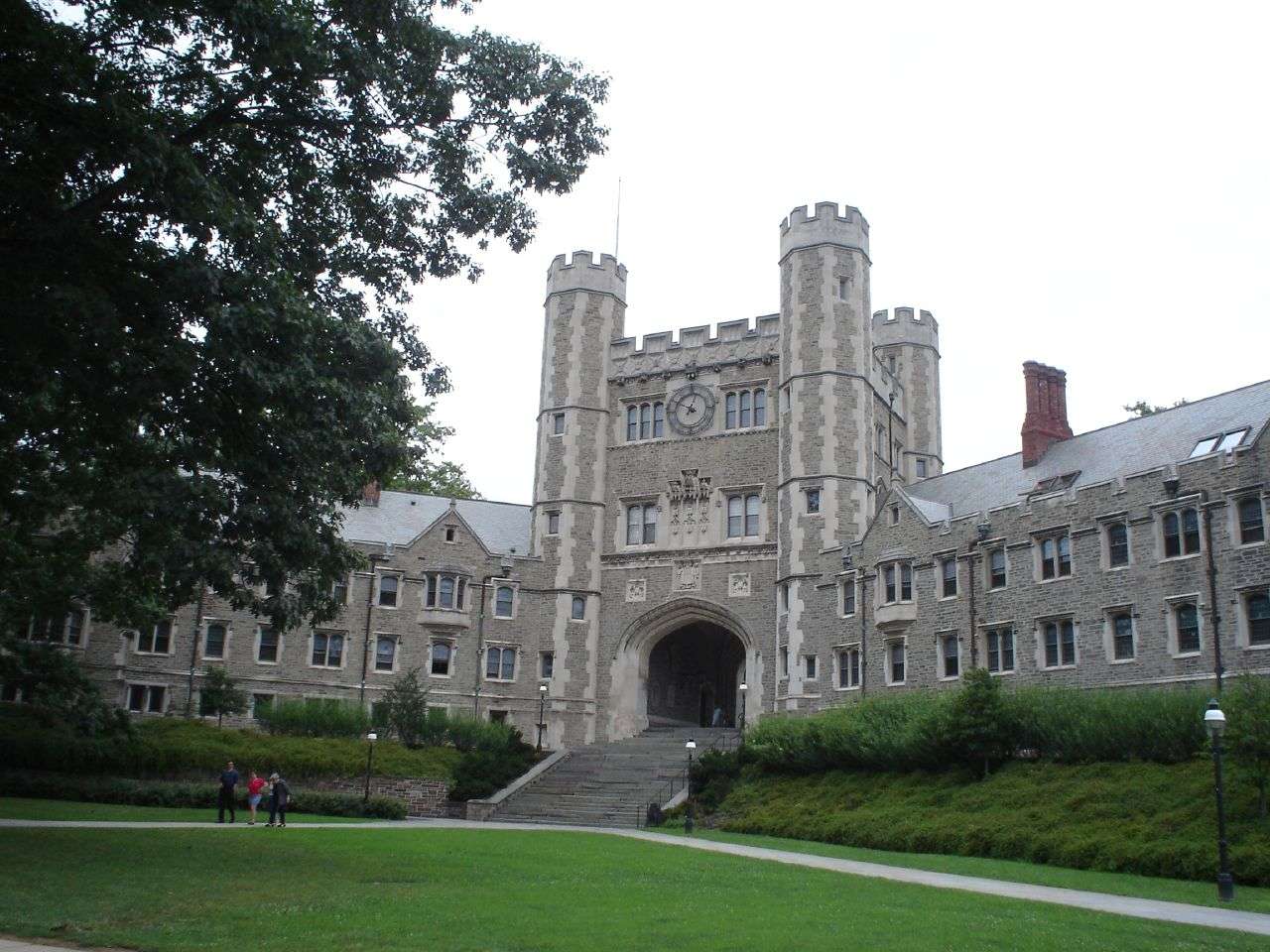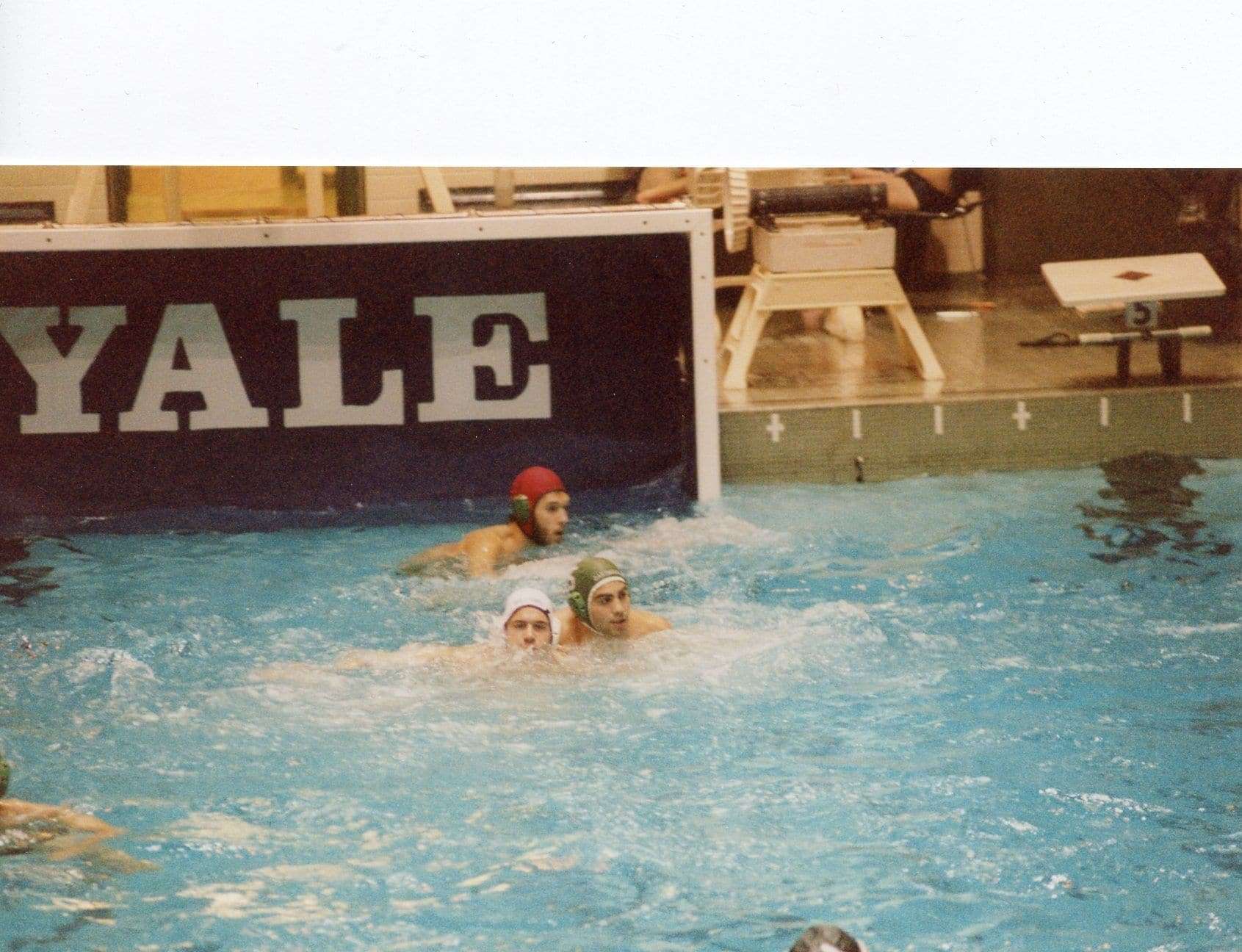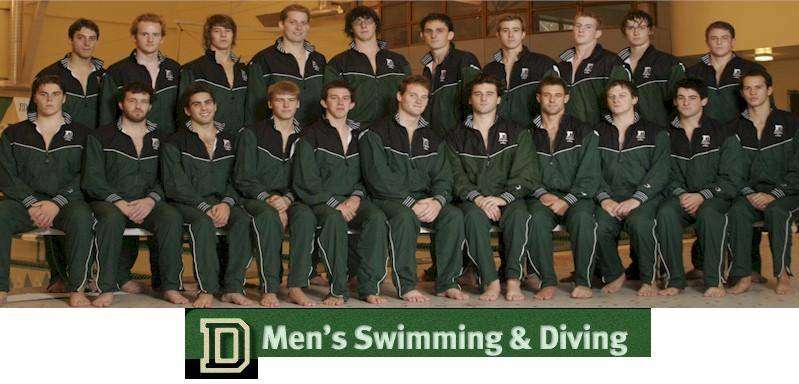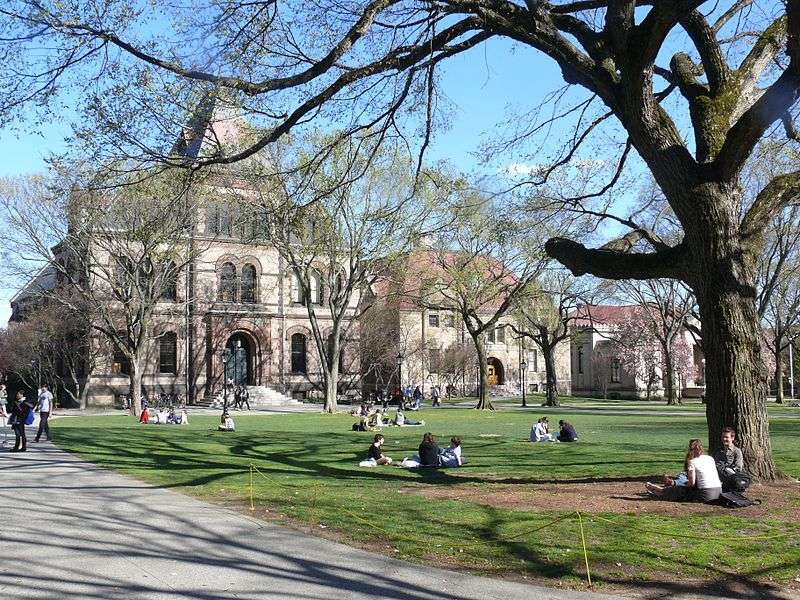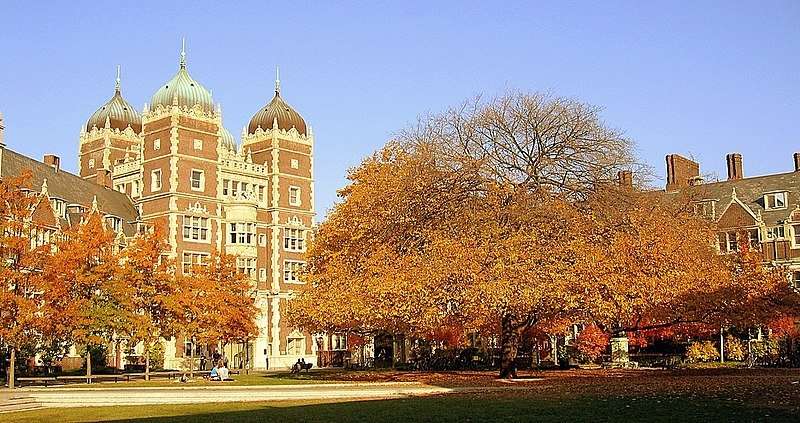The Ivy Coach Daily
Ivy League Athletic Recruiting and Attrition
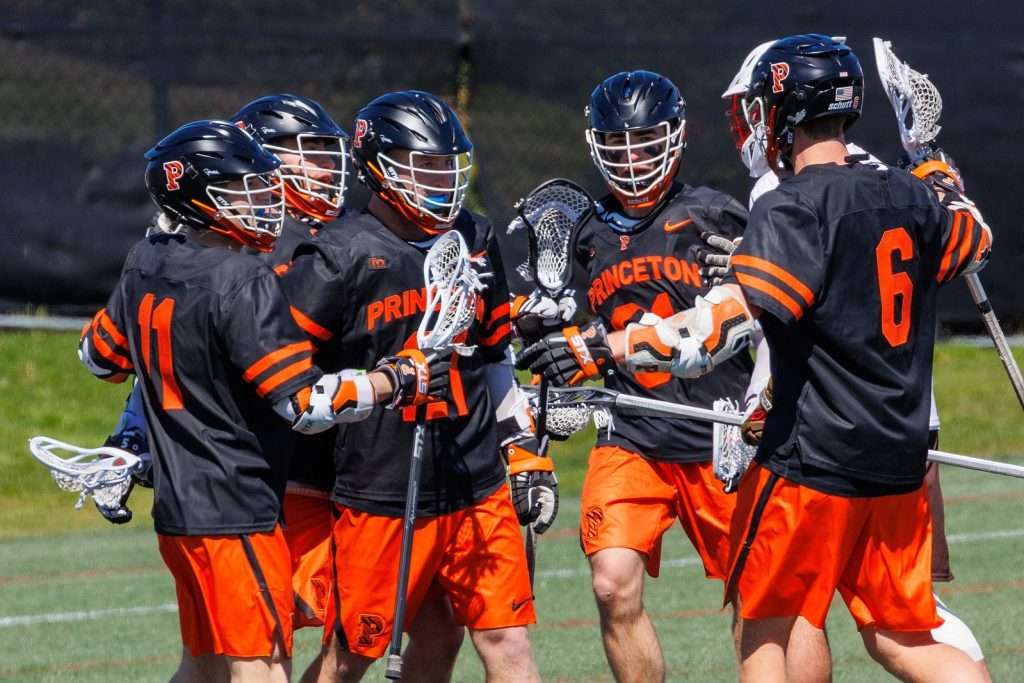
A sizable percentage of Early Action/Decision admits at our nation’s top colleges are recruited athletes. At Ivy League schools, schools that don’t offer athletic scholarships, it’s safe to assume that about 20% of matriculants were flagged and tagged as athletic recruits. They’re fish-like swimmers and towering basketball players, chiseled hockey stars and tennis aces whose prowess in their respective sports caught the eye of college coaches.
These coaches earmark their annual slots for these students in the hope that these young athletes will contribute to the coach’s team’s success over the coming four years. It’s a gamble, in some cases more than others. So, what are the rewards and risks for coaches and student-athletes? Let’s dive in!
The Athletic Recruiting Rewards
College Coaches
For coaches, the chief reward is building a contending team. After all, generally, winning leads to job security. Plus, it sure is fun to win! Coaches live to hang conference title banners and national championships. Some coaches, of course, have more modest ambitions depending on their team’s situation — maybe they aim to finish in the middle of the pack of their conference rather than in the basement for another year in a row.
But, ultimately, it’s about winning. For certain coaches, like football and basketball coaches, winning can also lead to more revenue for the school (and, in some cases, even more applicants since record applicant pools often follow deep March Madness runs for men’s basketball teams!).
Student-Athletes
Recruited athletes have significantly higher odds of earning admission to top universities, including the Ivy League schools, than other applicants — particularly recruited athletes in major sports like football, hockey, and basketball. But, of course, even recruited athletes in non-revenue-generating sports like squash, water polo, field hockey, and lightweight crew enjoy significantly higher odds of earning admission to top universities.
Is it fair that athletes in fancy shmancy sports like squash should be earmarked seats in each incoming class, especially now that these schools can no longer offer preferential treatment to underrepresented minority applicants with the fall of Affirmative Action? No, but it’s the case nonetheless. At Ivy Coach, we have long called for more strictly limiting the slots in each incoming class for recruited athletes, especially for sports that don’t exactly make or break the culture of an institution (sorry, alpine skiers!).
The Athletic Recruiting Risks
College Coaches
While coaches stand to benefit significantly from landing a top recruit who becomes a high performer for the team, coaches — not athletes — assume the greater risk once they’ve earmarked a slot for the athlete and the athlete has been offered admission by the university. Why’s that?
Because recruited athletes — especially in the Ivy League where there are no athletic scholarships and students are under a moral obligation but not a legal obligation to compete over four years for the coaches that helped them secure entry to the university — often quit. That’s right. They just simply quit.
An investigative report in The Harvard Crimson a few years back found that one in four athletes on Harvard’s 42 varsity athletic teams quit their sport at some point during their four years at the university. One in four! 25%!
And then there are also athletes who simply underperform expectations. While it’s easier for coaches to gauge a high school athlete’s potential in sports like track and field, swimming, and cross-country than in more subjective sports like lacrosse, baseball, and football, there is risk in every sport.
On a personal note, when the managing partner of Ivy Coach walked onto Dartmouth’s swim team, he found he was faster than not many but two recruited swimmers. How could that be? Well, it’s conjecture, but one recruit probably lied about his times (they weren’t as verifiable back then), and the other simply didn’t work very hard and thus swam more slowly than he did in high school.
But even when student-athletes aren’t dishonest, coaches can misjudge talent. They can misjudge the work ethic and sticktoitiveness of student-athletes. There’s a lot that is unknowable about high schoolers — and it’s thus the coach who, we’d argue, assumes the biggest risk.
Student-Athletes
Yet student-athletes assume great risk, too. After all, what if a high school senior — right before the Early Action/Decision deadline — tears her ACL? Will the lacrosse coach still want her? What if her play falls off? Do you know how many times families have come to Ivy Coach having told us that a coach — shortly before the Early deadline — said, “I think you have such a strong academic profile that you just might be able to get in on your own.” Make no mistake. That line is the kiss of death from a college coach. It means that a better goalie came along at the last minute, or the coach didn’t want to risk earmarking a slot on an injured recruit. It means the coach will not be earmarking a slot for the injured athlete as they had promised.
With just days remaining before the Early deadline, the student is now in quite the pickle. They’ve invested all these years improving their skills at their sport and now that sport not only doesn’t help them but it actually hurts them. Why’s that? Because admissions officers seek to admit singularly talented students who excel in one particular area of interest to them. They don’t care to admit students who have shown they’re hard workers or are dedicated to a sport — not unless the student can help their college’s team win. And if the coach isn’t earmarking a slot for the student, that’s all the admissions officer needs to know.
While we hesitate to say that participating in this sport was a waste for the student since the student surely developed great friendships and muscles as well as learned important life lessons, from an elite college admissions standpoint, the sport no longer serves their case for admission. And what could they have been doing while they were participating in an activity that wouldn’t help them stand out from their competitors? There exists an opportunity cost.
Unlike athletes, science researchers, poets, historians, and other students with singular hooks that can wow admissions officers, they don’t have to worry about injury, performance, or capricious college coaches.
Ivy Coach’s Closing Thoughts on Athletic Recruiting
We at Ivy Coach love sports. We play sports. We watch sports. We read about sports. It’s not that we’re against athletes. But we are against America’s top colleges reserving as many slots as they do for recruited athletes — particularly for fancy shmancy sports like squash, swimming, tennis, and water polo.
Because contrary to popular belief, the rosters of most college athletic teams are overwhelmingly white and overwhelmingly privileged. Not everyone has access to squash courts to swing a racket. Not everyone has access to a pool to set hole or drive to the goal for a wet shot.
And in addition to these sports creating unnecessary disparities in the college admissions process that can easily be eliminated by simply fielding squash teams with the best squash players who happen to be admitted to a given school, they’re fraught with so many significant risks — for both coaches and students. Yet there can be some pretty sweet rewards, too.
You are permitted to use www.ivycoach.com (including the content of the Blog) for your personal, non-commercial use only. You must not copy, download, print, or otherwise distribute the content on our site without the prior written consent of Ivy Coach, Inc.
TOWARD THE CONQUEST OF ADMISSION
If you’re interested in Ivy Coach’s college counseling, fill out our complimentary consultation form and we’ll be in touch.
Get Started
